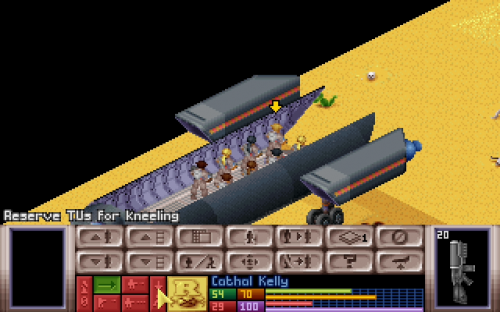During World War II, the Japanese military used its Unit 731 group to conduct tests of chemical and biological weapons on prisoners. After the U.S. victory over Japan, those who conducted these experiments were taken prisoner. Rather than prosecute them for war crimes, however, they were granted immunity by the Americans in exchange for sharing the data they obtained from their horrific research.
Between 3,000 and 12,000 men, women, and children—from which around 600 every year were provided by the Kempeitai—died during the human experimentation conducted by Unit 731 at the camp based in Pingfang alone, which does not include victims from other medical experimentation sites.Almost 70% of the victims who died in the Pingfang camp were Chinese, including both civilian and military. Close to 30% of the victims were Russian.Some others were South East Asians and Pacific Islanders, at the time colonies of the Empire of Japan, and a small number of Allied prisoners of war. The unit received generous support from the Japanese government up to the end of the war in 1945.
Many of the researchers involved in Unit 731 went on to prominent careers in post-war politics, academia, business, and medicine. Some were arrested by Soviet forces and tried at the Khabarovsk War Crime Trials in 1949; most remained under American Forces occupation. These researchers were not tried for war crimes by the Americans so that the information and experience gained in bio-weapons could be co-opted into the U.S. biological warfare program. On 6 May 1947, Douglas MacArthur, as Supreme Commander of the Allied Forces, wrote to Washington that “additional data, possibly some statements from Ishii probably can be obtained by informing Japanese involved that information will be retained in intelligence channels and will not be employed as ‘War Crimes’ evidence.” The immunity deal concluded in 1948.

